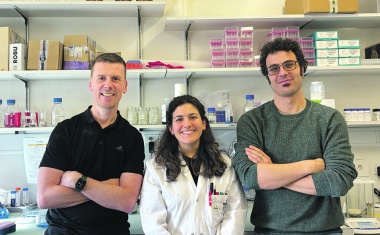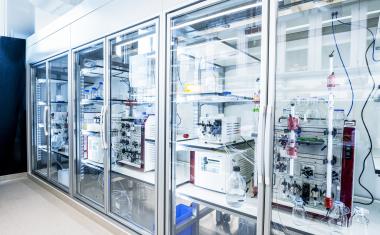
Spark e-Fuels – Reimagining How Aviation is Fuelled
German start-up Spark e-Fuels is helping the aviation industry move toward more sustainable flight by developing a new, energy-efficient and cost-competitive method to produce synthetic aviation fuels.














































